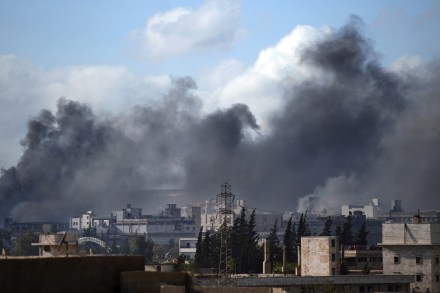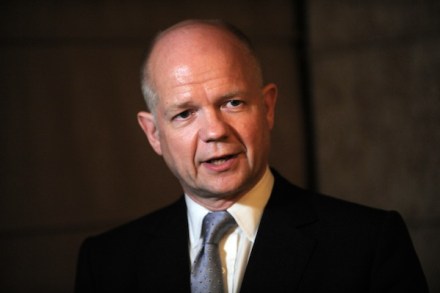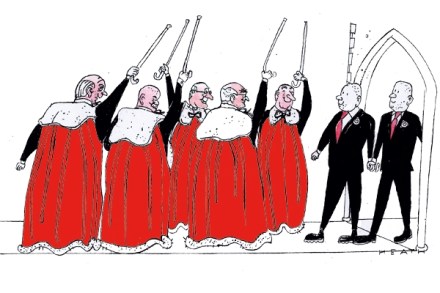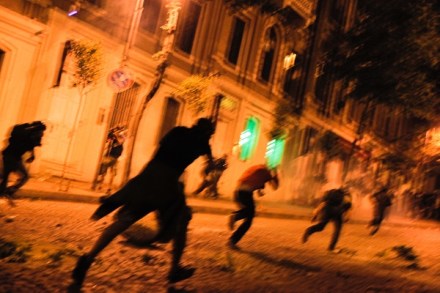G8: leaders agree Lough Erne declaration and Syria communique
Remember that last communique signed at a summit of world leaders, the really challenging one that they’re all worried they will never meet in reality? You don’t? How strange. David Cameron mused at the weekend that these agreements that take days to draft end up in an ‘elephant’s graveyard’, and to try to show that his rolled up sleeves are having an effect on this G8 summit in Lough Erne, he has insisted on a 10-point ‘declaration’ signed by the leaders. Here it is: Private enterprise drives growth, reduces poverty, and creates jobs and prosperity for people around the world. Governments have a special responsibility to make proper rules and



















